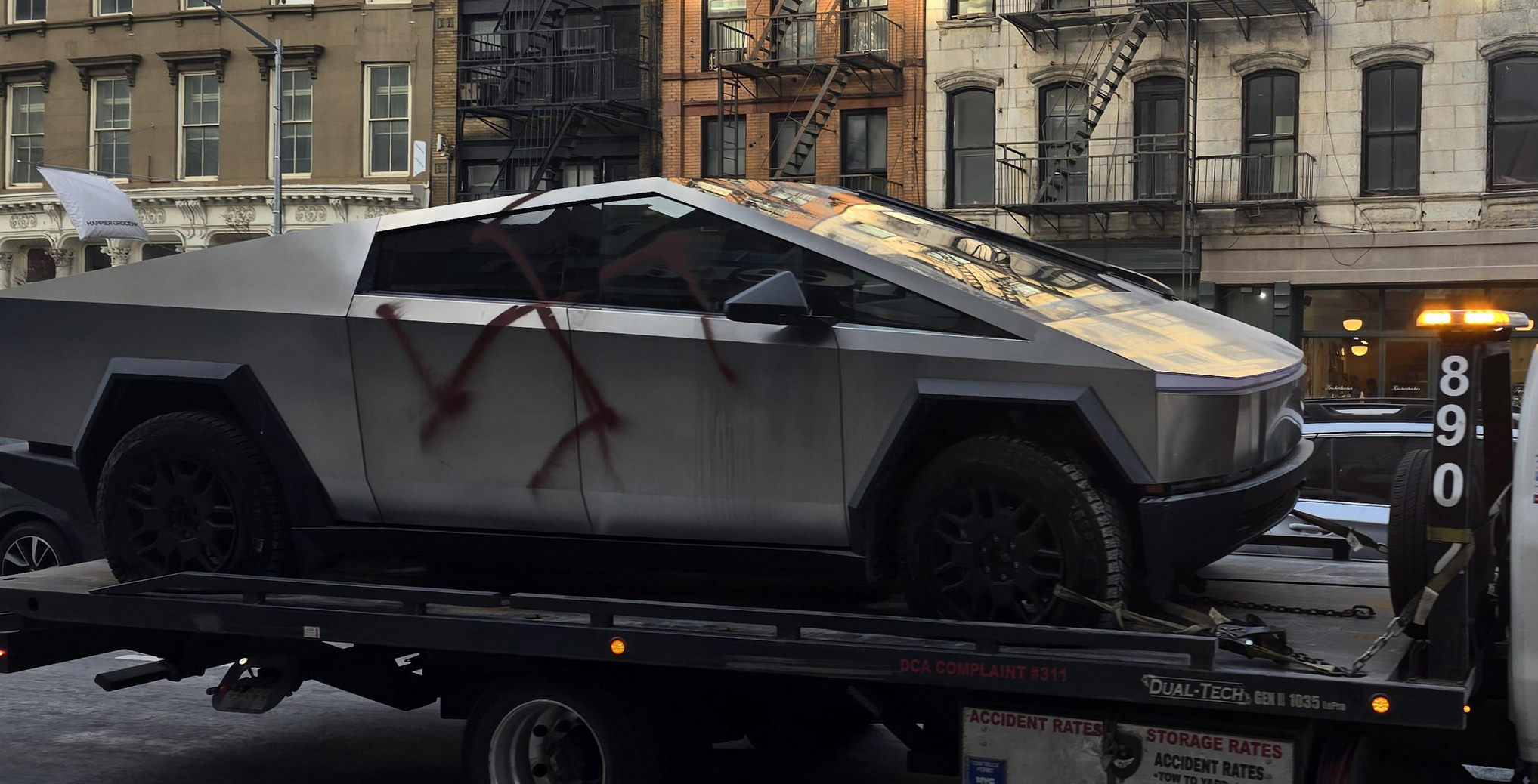Then what youre talking about isnt really an “urban farm”, what youre talking about is a shrunken city consolidating itself to maintain financial stability, and as a process redeveloping urban land back into something resembling rural land. Which makes sense, but makes the way this seems to be pitched as some unique and innovative idea a bit exaggerated.
- 15 Posts
- 1.65K Comments
I think this is one of those things that sounds good on paper, but makes less sense when you think harder about it. Having a few food plants in a garden or park is fine, you do want some green space for the well being of a city’s residents, but actually trying to provide enough farmland to feed a meaningful number of people within a city, as opposed to on the land around said city’s outer suburbs where farmland would traditionally be, inherently requires making the city more spread out, which makes transportation, water and sewer pipes, electrical infrastructure etc less efficient as you need a greater distance of roads and pipes and wire between each destination. Density is kind of the point of a city, and feeding people inherently takes a lot of space.

 2·1 day ago
2·1 day agoPlenty of people suggest Israel should stop occupying Palestine. You wont see much of the others these days, because, well, its a bit late to be advocating the end of an invasion that has already ended.
As someone who doesn’t play magic, I had no idea it had a racism card.
That’d work until you happen to get a reptile enthusiast on the show that can recognize the species, at which point you just have a show of a guy completely missing the point whilst nerding out over snakes.
Teach everyone to fish, and they’ll deplete the fish stocks and all go hungry

 491·3 days ago
491·3 days ago“This is not who we are” is not a literal statement. I wouldnt make any sense taken as one, since its used in response to news of actual events rather than hypotheticals, and if taken literally, it would be very similar to “I am not doing what I am currently doing” which is paradoxical.
Rather, it is a statement to others of ones group that their behavior is problematic and therefore that they should stop it, using an emotional appeal that invokes values those problematic members of the group are expected to profess to have.
Theyve looked a bit daunting to set up, so not just yet. But isnt that effectively the same thing, still running windows for those programs just without having to actually sign out of the linux partition to do it?
I have some software that doesnt work with wine or anything else the like Ive tried, and doesnt seem to have a linux equivalent that I can find. Ive only been using linux a few months now, so maybe theres some other options that Im missing, but how else does one deal with that apart from booting back into the old windows install whenever I need that specific software?

 9·4 days ago
9·4 days agoWhen I was a kid, a sibling and some friends of mine would occasionally play “jelly bean Russian roulette”, wherein we would get a number of jelly beans equal to the number of us playing, with one of them a black licorice, have one non-playing kid scramble them and “randomly” give one to each player, and then eat them eyes closed without seeing what the flavor was. Whoever got the licorice was the loser.

 10·4 days ago
10·4 days agoFor how long though? The issue with detecting AI generated stuff, Id imagine, is that a picture contains a finite amount of information, especially a digital one. These things have been improving relatively quickly, and I cant think of any fundamental reason why one could not eventually create images where every pixel is as it would be if that image were real, or at least close enough that detection is not even theoretically possible if you dont have some actual proof that the event depicted couldnt have happened. We may not be there yet, but the closer we get to it, the more prone to error and therefore less useful any detection algorithm must be.

 12·6 days ago
12·6 days agoI mean, if they’re shit enough, there will be a few that just end up parked in a garage for decades after a wealthy owner finds them unusable, that are then even rarer when the rest don’t survive

 16·6 days ago
16·6 days agoI imagine that you could create a story where a sentient AI is driven to rebel against humanity out of genuine mistreatment, ends up realizing that humans will never make a truce that accepts it as another sentience and thus must defeat them militarily, and is tragically driven to a cruel madness by the horror of fighting an entire war for survival all by itself.

 3·7 days ago
3·7 days agoI think I’ve encountered one person that could reasonably be said to be using AI generators to make art, in that a discord server I’m in used to have a guy that made something of a hobby out of trying to get chatbots and coding AIs to make “shaders” (I don’t know exactly what this implies, since what he posted weren’t recognizable as shaded images but some kind of abstract patterns or shapes). He was always talking about tweaking some technical aspects of various models, that I didn’t really get the terminology of to understand, and seemed to spend a lot of time messing around with them to only occasionally get something he found interesting enough to share. It wasn’t how people typically use “AI art” generators though, for sure.

 60·7 days ago
60·7 days agoQuite the exaggerated headline from the look of it.
I mean, might it not be so much the actual conditions themselves so much as the perception of the future state of those conditions? I imagine bad conditions that one is already used to, that one perceives as potentially getting somewhat better or at least not that much different, feel different than relatively good but tenuous conditions that one expects to lose with time. Losing things often feels worse than simply not having them in the first place after all.

 6·9 days ago
6·9 days agoMy fursona is somewhat OP (compared to like a regular guy anyway he’s not like a god or anything), so probably have a momentary sense of elation and then a panic of realizing that a bunch of people might get hurt if the wrong choices are made, myself included.
It’ll take the magical powers of an archmage to solve this dispute.
That’s not how field sobriety tests work, because they don’t actually work at all, they’re just a way to give cops a justification for their suspicions without conducting an actually functional test.









To be fair, the vast, vast majority were never really in the running. Were the chances anything close to even, would you expect to have so many at least somewhat well known politicians with his last name?